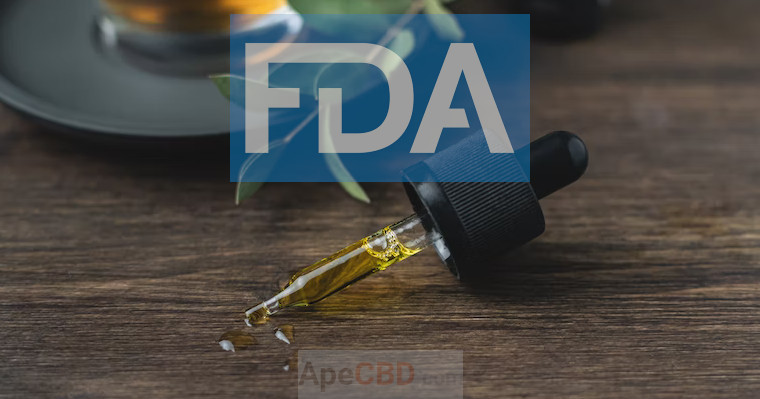
The Food and Drug Administration has announced that there is not enough data addressing the “various safety concerns” of cannabidiol, or CBD, to regulate the marijuana-derived products as foods or supplements. The agency called on federal lawmakers to give it a stronger regulatory framework to address the health claims and safety concerns that have dogged the prolific CBD industry.
Dr. Janet Woodcock, the F.D.A.’s principal deputy commissioner, said the agency’s existing regulatory methods governing the sale of food additives and dietary supplements were inappropriate for products containing CBD.
“It is not apparent how CBD products could meet safety standards for dietary supplements or food additives,” FDA Deputy Commissioner Dr. Janet Woodcock said in a statement.
She added, “For example, we have not found adequate evidence to determine how much CBD can be consumed, and for how long, before causing harm.”
The FDA denied citizen petitions from the Council for Responsible Nutrition, the Consumer Healthcare Products Association, and the Natural Products Association, all of which urged the FDA to regulate CBD products as dietary supplements.
Advocacy groups and food industry experts criticized the FDA decision
“When it comes to the safety of CBD, the FDA gets it wrong,” Jonathan Miller, general counsel of the U.S. Hemp Roundtable, said in a statement. He called the agency’s intent to tighten regulations “unprecedented and unnecessary” but said he endorsed a legislative solution to allow marketing of CBD in dietary supplements and foods.
Alex Buscher, a Colorado-based lawyer who advises hemp companies, said that CBD doesn’t seem to be riskier than other dietary supplements on the market that have the potential for side effects if taken at higher-than-recommended doses.
“The FDA is kicking the decision back to a divided Congress, which will take time to create a new regulatory framework,” he said. “We need actual regulation from the FDA.”

